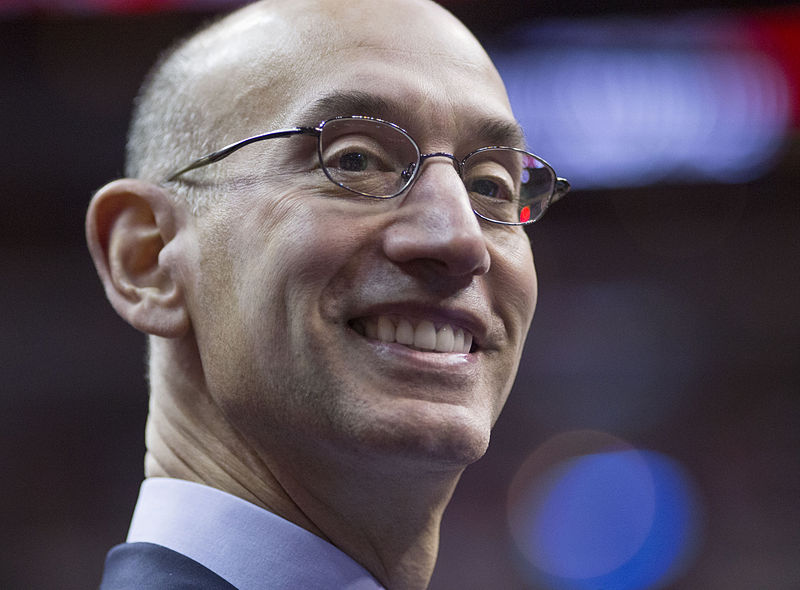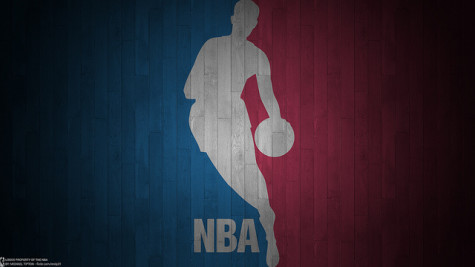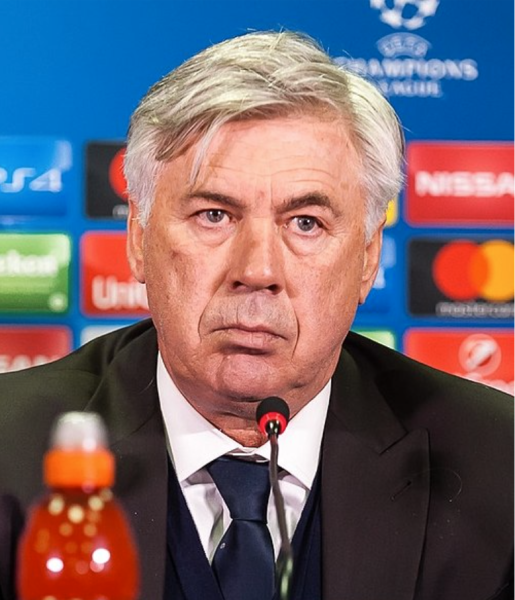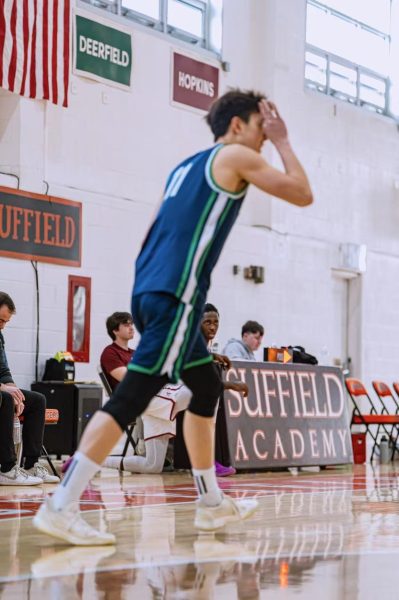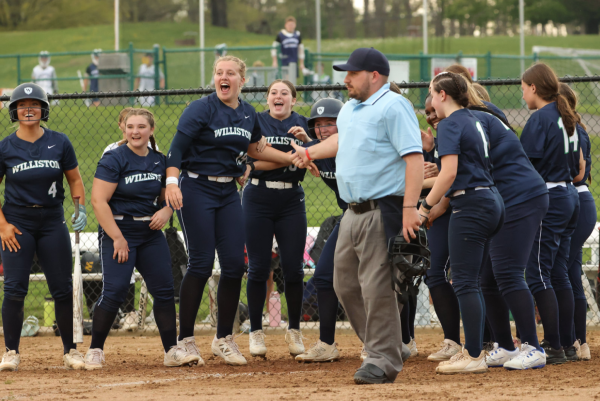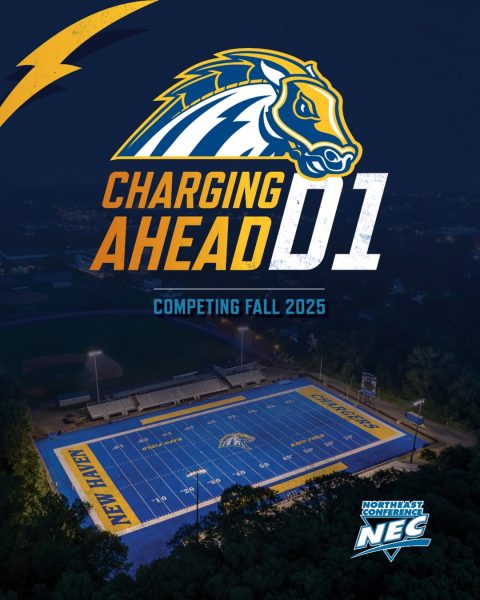NBA Lockout Looming for 2017
Photo by Keith Allison via Creative Commons License
NBA Commissioner Adam Silver
The NBA Players’ Association recently elected the first female union chief in major North American sports history and she’s bringing some brand new ideas with her.
Michele Roberts, the recently elected Executive Director, has began to publicly challenge several of the ideals that have helped ensure strong player-owner-league relationships since David Stern first took over as NBA Commissioner in 1984. She is strongly opposed to the idea of a salary-cap as well as the current 50-50 cut of income between the players and owners.
Roberts told ESPN The Magazine, “Why don’t we have the owners play half the games?…There would be no money if not for the players.”
Regarding the salary cap, Roberts said, “I don’t know of any space other than the world of sports where there’s this notion that we will artificially deflate what someone’s able to make. It’s incredibly un-American.”
NBA Commissioner Adam Silver responded to Roberts reformist ideas and told ESPN. “We couldn’t disagree more… No single group could accomplish this [the success of the NBA] on its own. Nor is there anything unusual … in a unionized industry to have a collective system for paying employees,” he noted. ” The salary cap system…has been agreed upon by the NBA and the Players’ Association since 1982 [and] has served as a foundation for the growth of the league and has enabled NBA players to become the highest paid professional athletes in the world.”
In 2017, these issues will be at the top of a long list that the league, owners, and Players’ Association need to address in order to ratify a new collective bargaining agreement. The NBA draft lottery, giving incentive to losing teams, is something that will need to be restructured in order to uphold the competitive spirit of basketball.
However, the issue of the NBA draft lottery does have a significant impact on the balance of the league and the distribution of talent. Since LeBron James and Chris Bosh decided to take less money to play with Dwyane Wade in Miami back in 2010, small-market teams have begun to worry about their ability to keep the stars that they developed through the draft competitive. There’s fear that free agents will only aim to sign at the most attractive destinations and create “super teams” that are extremely hard to beat without players of the same caliber. (Think Miami making the finals all four years of the big three.)
The complexity of radical changes that the players will push for are even more controversial than the ones that caused a lockout in 2011. How much money will the players get? Will there be a salary cap? How will the draft lottery be restructured and how will that help small-market teams? These are just a few of the questions that must be answered before the players and owners can move on to the season in 2017.
Jay Brennan ’15, an avid NBA fan, shared his opinion on these issues. “I think the players should definitely get more money because of how valuable they are to the league,” he noted. ” I do like the salary cap though because it makes it hard for a team to just sign all the best players in free agency because they might have the most money or most desirable location.”
There’s still plenty of time until 2017, but there is sure to be a legal battle regarding the future of finance in the NBA.



